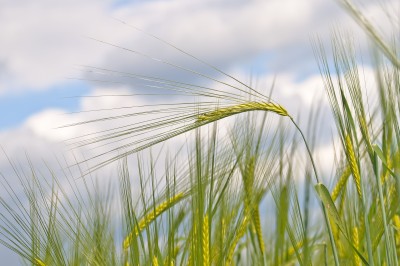-

Making your voice heard on high
The next three appointed times on YHVH’s calendar is approaching, Yom T’ruah, Yom Kippurim, and Sukkot. It is always a good thing to “take stock” of our spiritual condition before we observe these days. Especially Yom Kippurim, a day of humbling ourselves before YHVH. It is part of Jewish tradition to do introspection for forty…

